
Publius Vergilius Maro (October 15, 70 BCE – September 21, 19 BCE), usually called Virgil or Vergil /ˈvɜrdʒəl/ in English, was an ancient Roman poet of the Augustan period. He is known for three major works of Latin literature, the Eclogues (or Bucolics), the Georgics, and the epic Aeneid. A number of minor poems, collected in the Appendix Vergiliana, are sometimes attributed to him. Virgil is traditionally ranked as one of Rome's greatest poets. His Aeneid has been considered the national epic of ancient Rome from the time of its composition to the present day. Modeled after Homer's Iliad and Odyssey, the Aeneid follows the Trojan refugee Aeneas as he struggles to fulfill his destiny and arrive on the shores of Italy—in Roman mythology the founding act of Rome. Virgil's work has had wide and deep influence on Western literature, most notably the Divine Comedy of Dante, in which Virgil appears as Dante's guide through hell and purgatory.
Books

The Aeneid
1994

Doomed Love
NaN

Virgil
Aeneid VIII
NaN

Great Loves
2007

Eneide. Volume II. Libri III-IV
1988
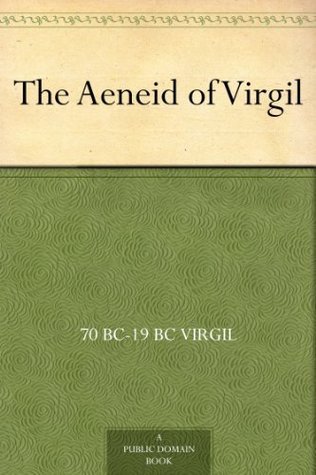
The Aeneid of Virgil
1882

Aeneid
Pallas and Turnus Bks.10 & 12 by Virgil
1999

Virgil's Aeneid
Book III
NaN

Aeneid I
NaN

The Eclogues
2039

The Georgics
NaN

Robert Fagles
The Aeneid (Paperback); 2008 Edition
1672

Aeneis
Vergil – das Nationalepos Roms in deutscher Übersetzung – 14303 (Reclams Universal-Bibliothek)
2022

Aeneid Book XII
NaN

The Aeneid
NaN

The Eclogues and The Georgics
2038
The Aenid (L51)
2025

Aeneid Book IX
NaN

The Destruction of Troy
NaN

Post-Augustan Poetry
From Seneca to Juvenal
NaN

Aeneid
Selections from Books 1, 2, 4, 6, 10 & 12
2001

A Song of War
Readings From Vergil's Aeneid
2003
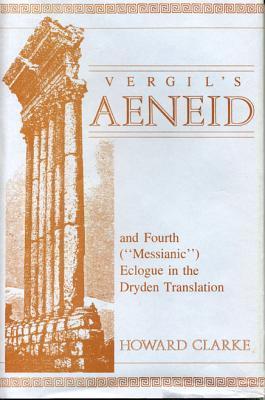
The Aeneid and the Fourth ('messianic') Eclogue
1990

Luca Canali racconta l'Eneide
2000
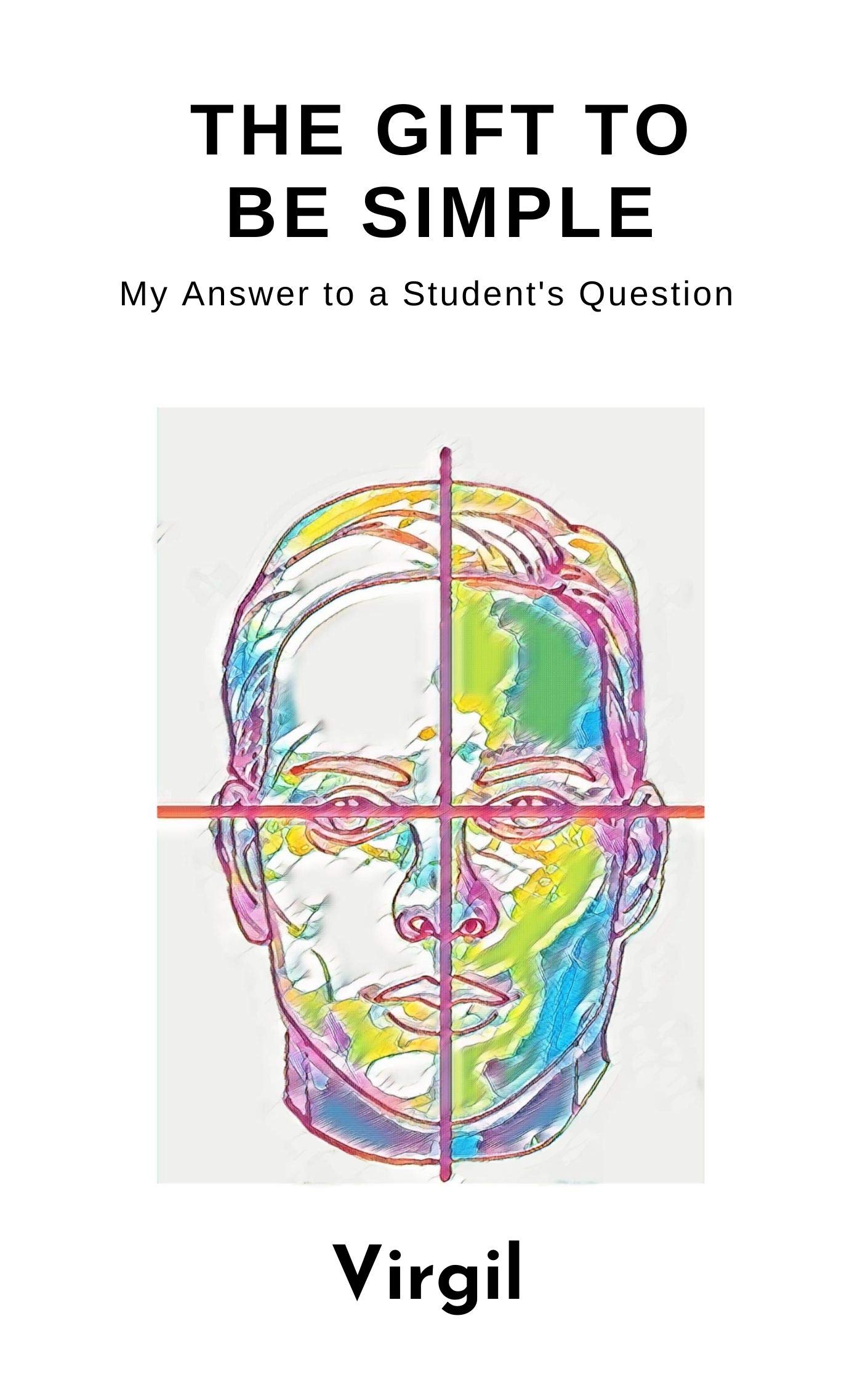
The Gift To Be Simple
My Answer to a Student's Question
2020

The Complete Harvard Classics 2021 Edition - ALL 71 Volumes
The Five Foot Shelf & The Shelf of Fiction
1722

Mitos clasificados 2
2003

Aeneid
NaN

Virgil, Vol. 1 of 2
Eclogues, Georgics, Aeneid I-Vi
NaN

Opera (Oxford Classical Texts)
NaN

O Cruel Alexis
2040

Aeneid II
NaN
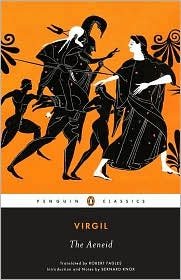
The Aeneid Publisher
Penguin Classics; Reissue edition
1953
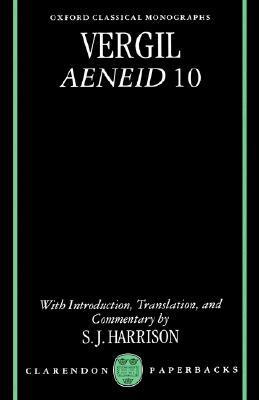
Aenied Book X
NaN

Aeneid IV
NaN
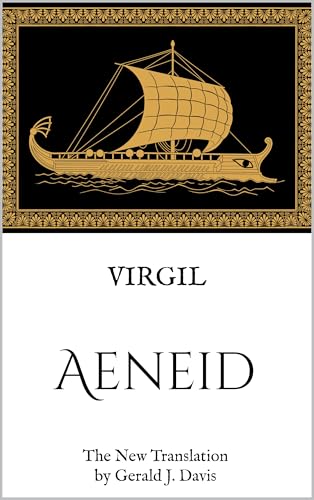
Aeneid
The New Translation by Gerald J. Davis
2025

The Aeneid
Virgil's Greatest Hits
2010

Virgil, Vol 2
1513